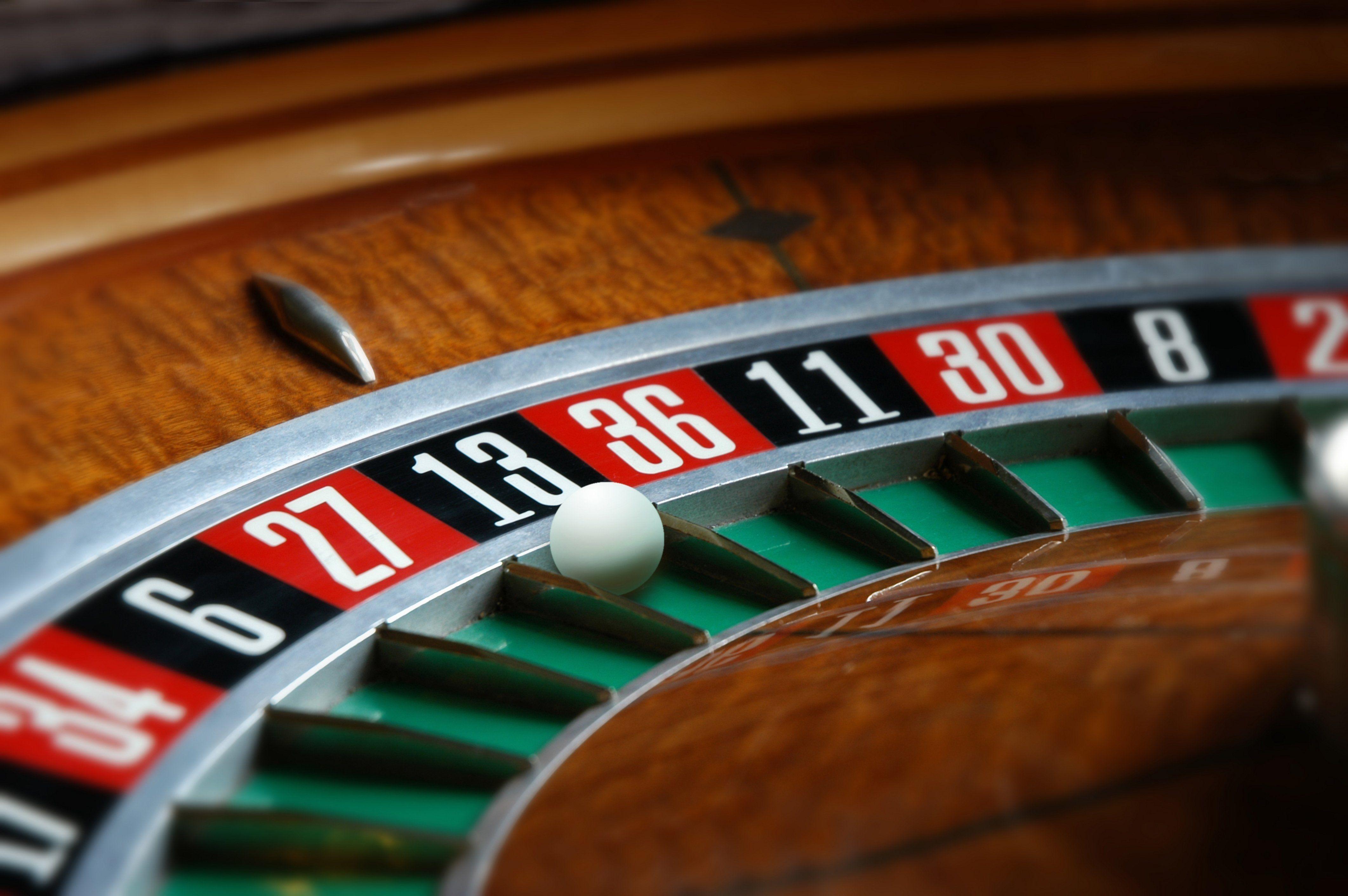
Casino entertainment have long been a engaging source of amusement, drawing numerous of players from varied cultures around the globe. From the opulent casinos of Las Vegas to the bustling gambling halls of Macau, these games serve as a link that brings together people across various backgrounds. The allure of luck, strategy, and uncertainty entices not only those hoping to gamble for profit but also those in search of a sense of community.
The influence of casino games extends significantly past the gaming floor. They often embody the social norms and principles of the societies in which they prosper. Games such as poker, 21, and the spinning wheel have embedded themselves into the fabric of cultural phenomena, influencing multiple fields from movies to fashion. As we explore this intriguing intersection of gambling and life, we can comprehend better how gambling games shape and are shaped by the world around us.
Chronological Progression of Casino Activities
The beginnings of gambling activities can be tracked back to historical civilizations, where betting in different forms was widely engaged in. In China, around 2300 B.C., a form of gambling known as Keno was common, while in ancient the Roman Empire, soldiers would frequently gamble on the results of their matches. The concept of using luck for entertainment and profit progressed over the centuries, leading to the formation of more structured activities. By the final Middle Ages, gambling houses started to surface in the continent, especially in Italy, which introduced early forms of popular activities still enjoyed today.
As gambling increased fame in Europe, the 17th and 18th centuries saw the emergence of gambling establishments as exclusive establishments for gambling. The earliest official gambling house, the Ridotto, was set up in the city of Venice in 1638, featuring activities like Baccarat and Faro. This period marked a crucial turning point, as gaming venues commenced to draw not just the wealthy but also the expanding middle-income class. The complexity of activities grew, leading to the creation of new regulations and modifications that enriched the gaming experience.
In the 19th century, the era of industrialization and shifts in societal norms further transformed the landscape of casino games. สมาชิก RICHES888 The arrival of the game of roulette and modern one-armed bandits attracted a larger crowd, and gambling establishments became seen as legitimate recreation. This time witnessed the international spread of casino activities, as gambling houses expanded from the continent to the Western Hemisphere, culminating in the creation of the famous Las Vegas Boulevard in the twentieth century. The development of casino activities has persisted into the current era, incorporating new technologies and online platforms, allowing them accessible to a universal audience.
## Cultural Significance in Different Societies
Casino activities have significant social significance in numerous communities around the planet. In Las Vegas, the very core of the city is woven around gaming venues, where playing is not just a pastime but a key aspect of social engagement and community interaction. The vivid lights and lively atmosphere attract countless individuals, showcasing how games of chance can shape local economies and cultural identities. This environment transforms the notion of recreation into an immersive encounter that affects apparel, sound, and even cinema.
In contrast, some cultures approach gambling with more caution, seeing it through the lens of morality and customs. A case in point, in many Asian cultures, games like Mahjong and Pai Gow Poker are steeped in history and carry significant social meanings. These games are often played during gatherings and festivities, fostering collective connections and solidifying family ties. The act of playing these games goes beyond mere entertainment, reflecting principles such as respect for elders and the significance of communal fun.
At the same time, in continental countries such as the principality of Monaco and Rome, gambling activities serve as symbols of opulence and elegance. The stylish atmosphere of these locations attracts both travelers and locals, upholding a sense of prestige and elitism. The art of the game of poker and the strategic features of games like the game of baccarat are appreciated, shaping interpersonal interactions and cultivating an appeal that fascinates a heterogeneous audience. This emphasizes how games of chance can concurrently reflect and mold societal views towards danger, reward, and relationship building.
Financial Influence and Travel Industry
Casino games play a important role in the economic landscape of many regions, particularly those that rely heavily on tourism. The revenue generated from gambling establishments fuels local economies, creating employment opportunities not only within the casinos themselves but also in related sectors such as hotel management, dining, and recreation. This surge of tourists, drawn by the allure of gambling and the overall gaming environment, stimulates spending across multiple local enterprises, contributing to the economic vitality of the region.
The presence of casinos often leads to the development of infrastructure, including hotels, transportation systems, and recreational facilities. These developments are essential in improving the overall tourist experience, making destinations more appealing to tourists. Additionally, many casinos invest in local communities through support of activities and philanthropic initiatives, further embedding themselves into the social fabric of the locality. Such investment not only supports economic growth but also cultivates a positive reputation of the casino industry.
Furthermore, the global popularity of casino games drives tourism competition, with locations vying to attract gamblers from across the globe. Iconic destinations like Las Vegas and Macau have become synonymous with gambling culture, drawing millions each year. This advantage encourages innovation and variety within the gambling sector, influencing trends in entertainment and hospitality that extend beyond their limits. The ripple effects of this tourism extend wide, impacting local financial health and cultural interactions on a global scale.